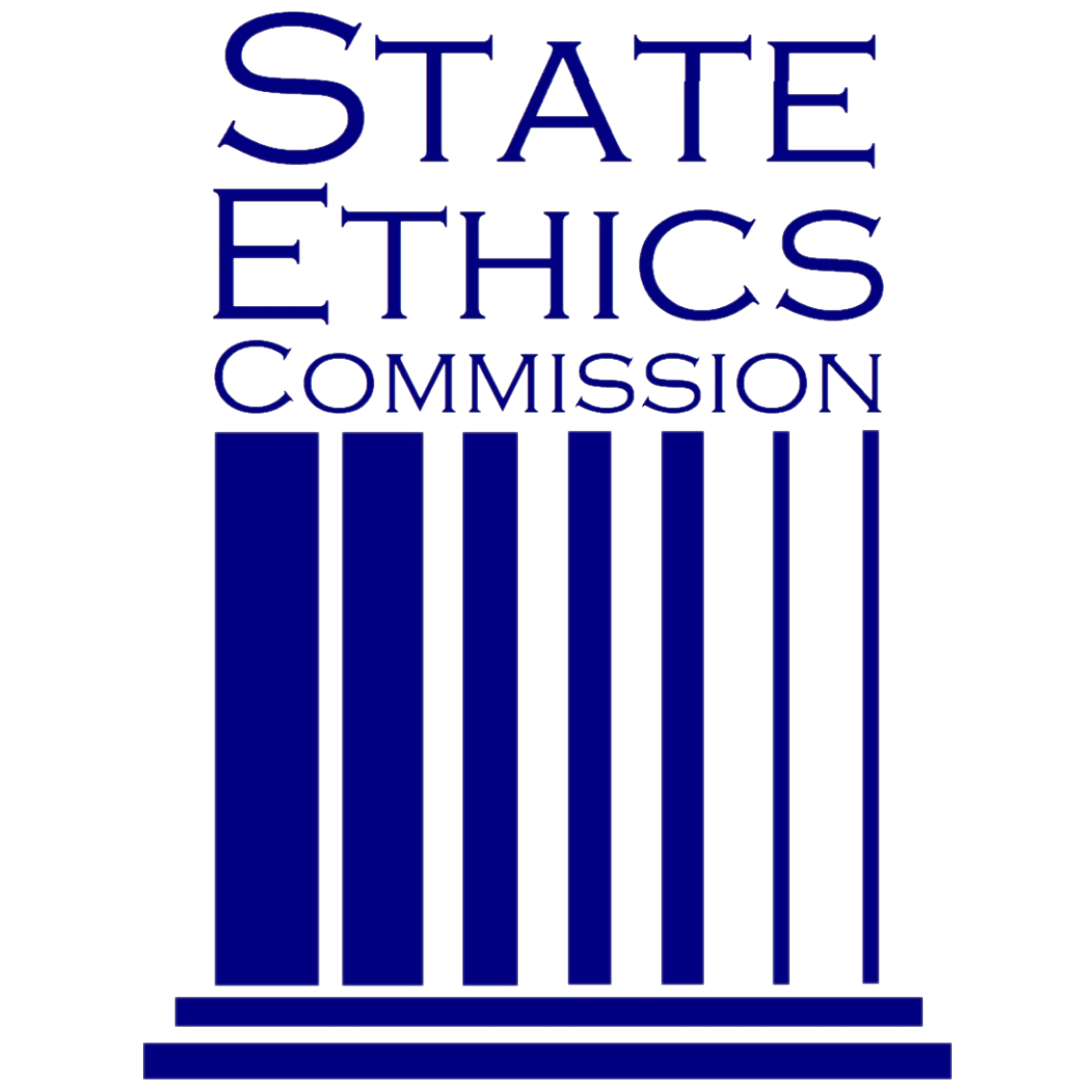- David A. Wilson, Executive Director
Media Contact
Gerry Tuoti, Public Information Officer
Boston, MA — Former Bristol Community College Mental Health Counselor Bridget Baker has paid a $4,000 civil penalty for violating the conflict of interest law through her actions as a state employee regarding a student and counseling client with whom she had a commercial relationship and personal friendship. Baker signed a Disposition Agreement in which she admitted to the violation and waived her right to a hearing.
While a Mental Health Counselor at BCC, Baker provided mental health counseling to a BCC student through the community college’s Student Wellness Center from 2019 through 2022. During this time, Baker hired the student to do photo editing and formatting work for a book she was writing. Baker also hired the student to design and maintain her “Arrow Books” and “Arrow Wellness” websites. The two developed a personal friendship and Baker gave the student gifts and visited potential venues for the student’s planned wedding.
In 2020, Baker, in her official capacity as BCC Mental Health Counselor, emailed a BCC professor on the student’s behalf to request an extension on course work. In 2021, Baker wrote and had notarized an affidavit on BCC letterhead for submission to a federal agency in support of the student’s efforts to attain a certificate of U.S. citizenship. In 2022, Baker wrote a letter on BCC letterhead to a Massachusetts court in support of the student securing a restraining order, citing her counseling relationship with the student.
The conflict of interest law requires that when there are circumstances, such as a personal relationship, that would cause a reasonable person to believe a public employee could be improperly influenced by anyone or show undue favor toward anyone in their official actions, the public employee may not perform such an action unless they first publicly disclose the relevant circumstances in writing and act fairly and impartially. Baker’s actions as a BCC Mental Health Counselor on behalf of the student regarding the extension, citizenship certificate, and restraining order while she was involved in a commercial relationship and personal friendship with the student violated this section of the law.
Had Baker filed a written disclosure of the relevant facts to her BCC appointing authority before she acted in her official capacity as a BCC Mental Health Counselor on behalf of the student, she could have avoided violating the conflict of interest law. Baker’s timely disclosure would also have provided her appointing authority with the opportunity to assign a different counselor to provide services to the student. Baker, however, made no such disclosure.
“Public employees with close personal and business relationships with their public clients risk violating the conflict of interest law when they act officially regarding such a client, as reasonable persons may question whether their official actions are improperly influenced by those relationships,” said State Ethics Commission Executive Director David A. Wilson. “In such cases, the public employee must fully disclose their personal and private relationships before taking official action, or refrain from such action.”
The Commission encourages public employees to contact the Commission’s Legal Division at 617-371-9500 for free advice if they have any questions regarding how the conflict of interest law may apply to them.
###
